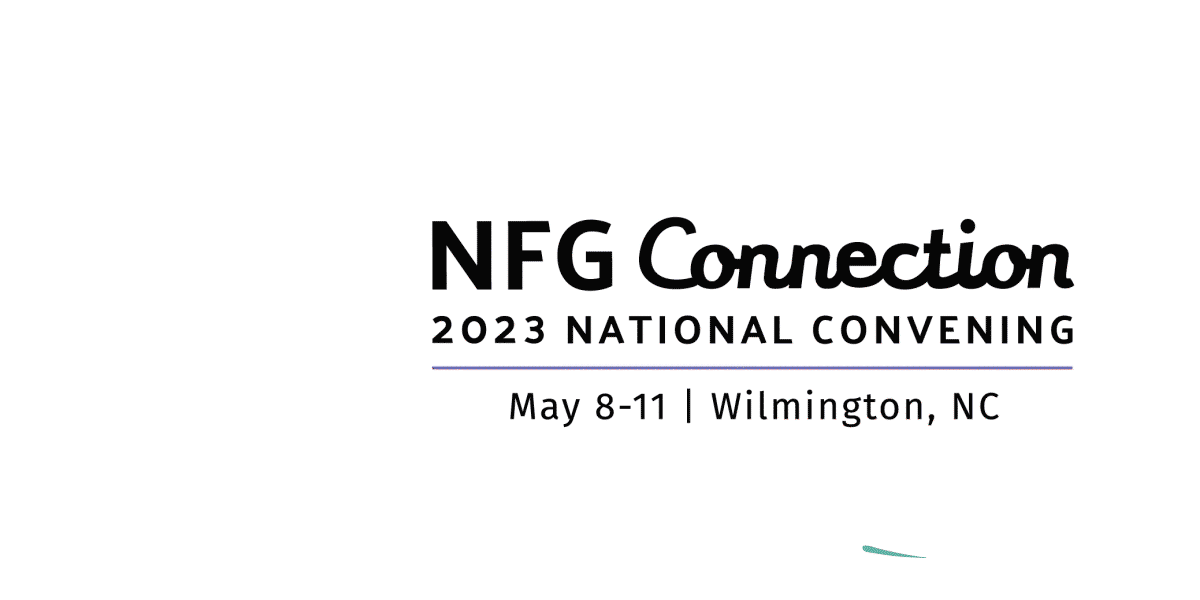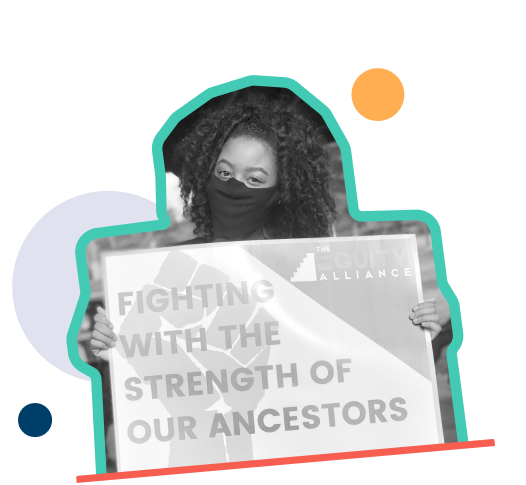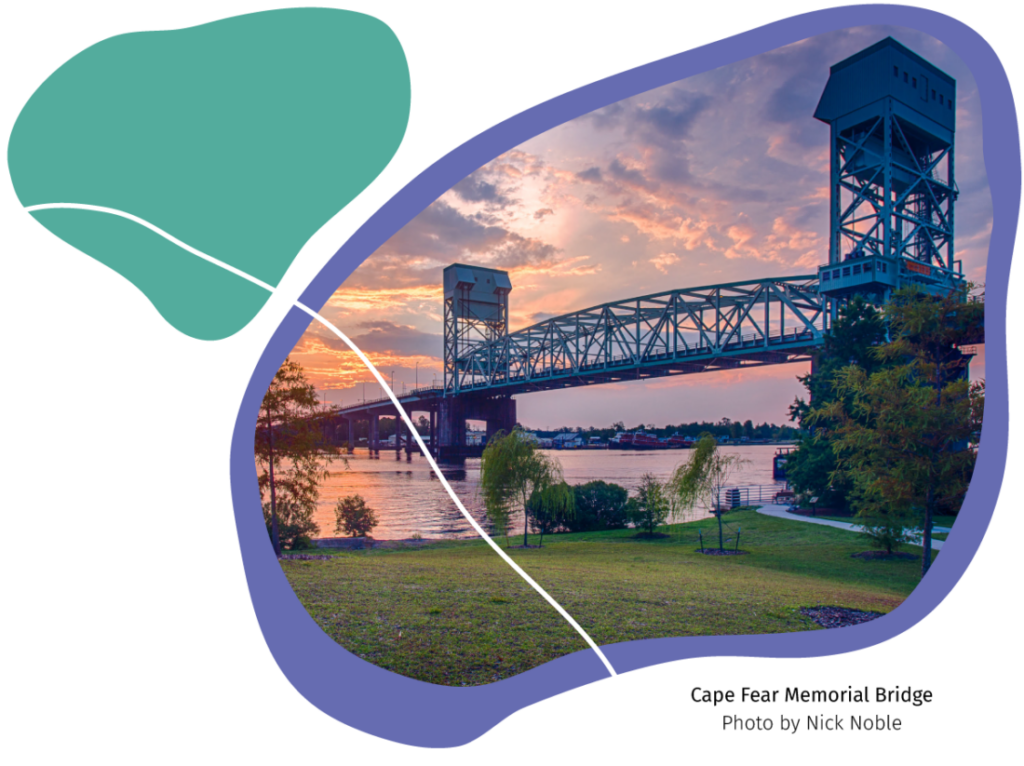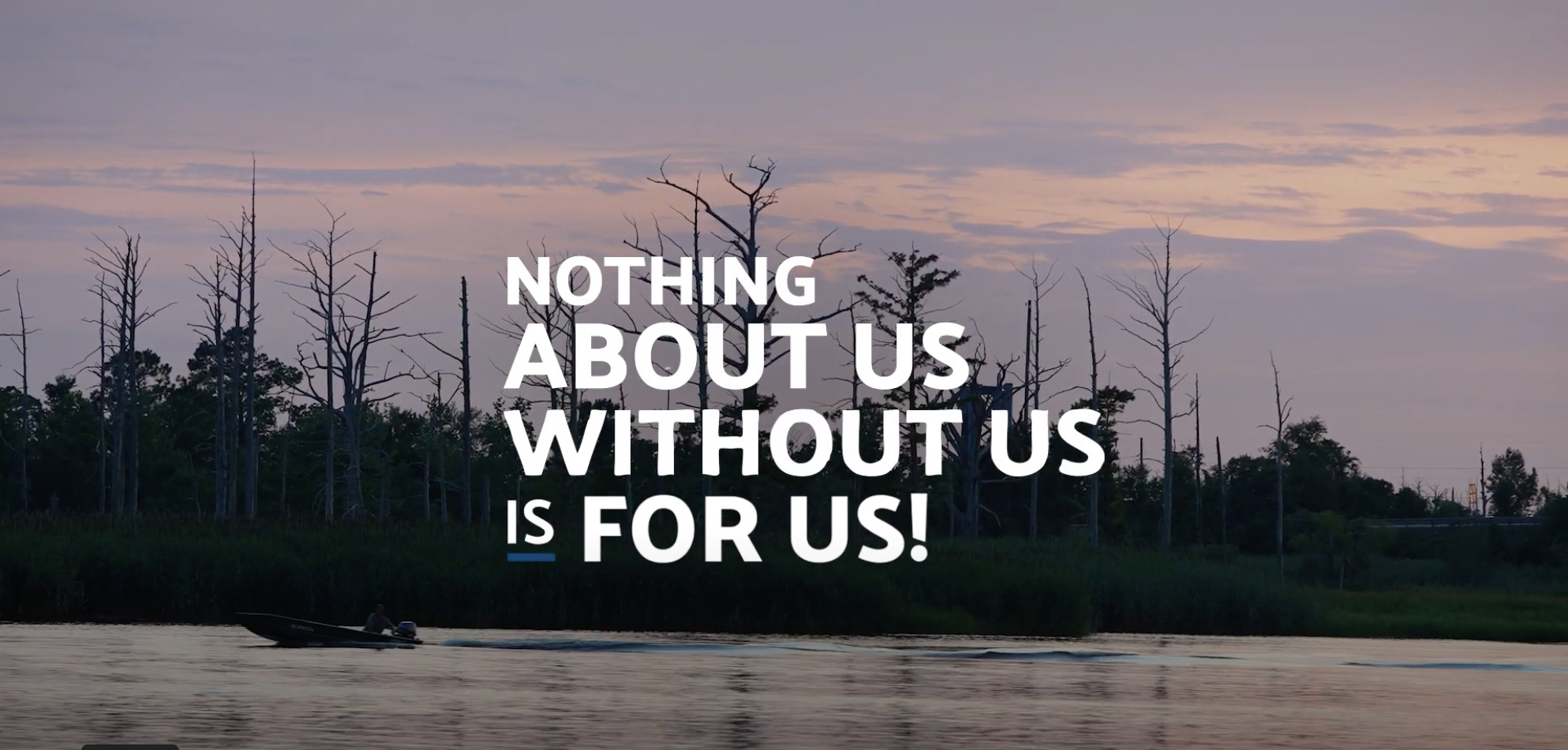Folks in philanthropy know that Neighborhood Funders Group is where they can find their community and co-conspirators to move more money for racial, gender, economic, disability, and climate justice. They also know our convenings are spaces to come together, organize, and have fun!

From our first National Convening in 1995 in Cleveland to our first virtual convening in 2020 that celebrated NFG’s 40th anniversary, our convenings are centered on philanthropy’s responsibility to be more accountable to BIPOC and low-income communities.
During the week of May 8-11, 2023, the NFG community came back together in Wilmington, North Carolina for a National Convening that was centered on Connection!
Eastern North Carolina: A Brief History
Located in Eastern North Carolina, Wilmington is a port city known for its historic downtown Riverwalk. It is also the site of the first coup in American history which bore witness to the white supremacist-led massacre, which killed more than 200 Black people, resulted in the violent expulsion of the city’s powerful Black political figures, and the burning of The Daily Record on November 10, 1898. Thousands of Black survivors fled the city, and just two years later in 1900 the North Carolina legislature amended the state constitution to disenfranchise Black voters through the implementation of a literacy test.
By the 1970s, sunbelt capitalism had swept across North Carolina drastically transforming the agricultural economy to a diverse industrial and manufacturing economy. State officials have since continued to seek outside investment, courting businesses to the state with weak labor and environmental regulations. While the state prides itself on being “business-friendly,” ranking first in the nation as the top state for business in 2022, it was simultaneously ranked first as the worst state for workers. The lack of corporate accountability has had a cumulative impact on communities and the environment. Ecological poisoning in Eastern North Carolina, dating back to at least 1911 due to hazardous waste contamination by ship-breaking and manufacturers made the area home to countless Superfund sites. In the late 1980s, industrial pork production boomed, creating the conditions for the state to be ranked second pork production nationally. Today hogs outnumber North Carolinians 35 to 1 — creating 10 billion gallons of waste each year polluting the ground, water, air, and bodies of local residents.
Corporate greed in North Carolina is also sanctioned by state officials who have chosen profit over people. Austerity budgets, antiquated zoning laws, and targeted disinvestment have coalesced into the systemic abandonment of low-income BIPOC communities in the region. In 2020, North Carolina ranked 48th in the nation for public school expenditures. As a Medicaid non-expansion state, 15.7% of adults were uninsured in 2020, leading to a 34th place ranking in health care across the country. And Wilmington, specifically, ranks as one of the most unaffordable cities for renters to live in North Carolina.
Targeted disinvestment by state legislators has remained persistent, especially in terms of development. Climate-related disasters such as hurricanes, tropical storms, and tornadoes are only intensifying in frequency and impact on the people, ecosystems, and infrastructure of North Carolina. Hurricane Mathew (2016), Hurricane Florence (2018), and Hurricane Elsa (2021) name just a fraction of the storms that have swept away the limited infrastructure that already existed without meaningful redress from local politicians. Zoning laws, combined with generations of racial bias and stigmatization, also means that new businesses have historically refused to enter low-income BIPOC communities. The void of grocery stores is particularly glaring when in 2021, North Carolina was the 10th hungriest state in the country with 1 in 5 children facing hunger on a regular basis.
It has been 125 years since former Confederate Colonel Alfred Waddell led a mob of nearly 3,000 white citizens to attack the thriving Black community of Wilmington. Communities have never "recovered" from the compound injustices of over a century’s worth of racialized violence, labor exploitation, and environmental degradation. Despite these challenges, local communities also have a history of organizing and fighting back. Mutual aid resiliency hubs and networks have come together in the face of climate disasters, to create campaigns for environmental protections through the EPA and USDA, and build community movements for social change.
Wilmington Learning Visit
We chose Wilmington for NFG’s National Convening and our return to in-person learning visits because this place holds a deep history of resistance and Eastern North Carolina is one of Amplify Fund's 8 places, regions of the country philanthropy often overlooks. Since 2019, the Fund has co-created a local strategy in Eastern North Carolina with community leaders and since 2020 has been funding and providing gathering and capacity building support to 16 grantee partners. We are eager to introduce the NFG community to these majority Black and Latinx led organizations that are building collective power in pursuit of accessible infrastructure and an equitable social safety net; environmental justice and disaster resiliency; and robust civic engagement and intergenerational leadership development!
NFG hosted the learning visit on Tuesday morning, May 9 as a way for us to center the land beneath our feet in Wilmington (see our full convening schedule). Funders joining this learning visit had the unique opportunity to travel by bus (combined with some short distance walking) to historic sites across Wilmington and Navassa. During this visit, community leaders shared more about the region and the practices and campaigns they are organizing to build power toward economic, racial, environmental justice, and community health and wellness in the face of continued disinvestment and climate related disasters.
Event Details
When
May 8, 2023 - May 11, 2023
Where
Wilmington, NC
Posted 12/01/2022 in


